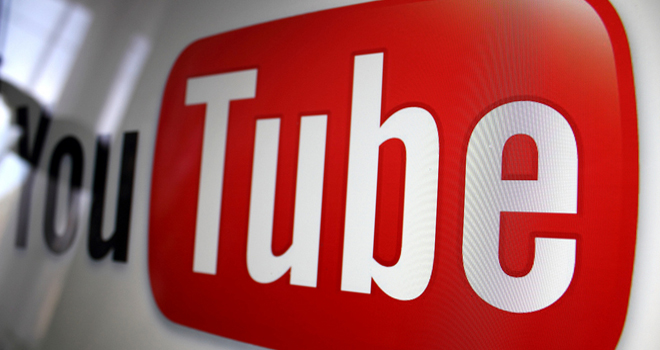If you’ve ever uploaded a video of your kid in a dance routine set to a tune, or created any other kind of online video with music in it, the chances are that it might have been zapped by “the authorities” at YouTube due to a an infringement claim fired off by a copyright owner.
Such a claim could come from any number of sources of copyright owners, but on Wednesday, YouTube settled with one group of them: 46,000 independent music publishers represented by the Harry Fox Agency.
That means that the chances of your uploaded video getting zapped just went down.
It also means that more songwriters, and the publishing companies that own the rights to musical compositions, will get paid. They’ll be paid a portion of money for all the music used in user-generated videos on YouTube.
Both the National Music Publishers’ Association and YouTube announced Wednesday that they had settled a long-running lawsuit, and that going forward, music publishers will be able to sign a license with YouTube to receive royalties from music used in user-generated videos.
These are specific royalties derived from “synchronization rights,” the right created when music is set to an image or anything else in media. Unlike other kinds of copyrights, there’s no set rate for so-called “synchronization rights,” and the amount songwriters and publishers usually get paid is a result of a negotiation.
“We are pleased to have resolved NMPA’s litigation claims and to work with YouTube in providing a new licensing opportunity for songwriters and publishers,” said NMPA President and CEO David Israelite in a press statement. “This is a positive conclusion for all parties and one that recognizes and compensates the work of songwriters and publishers going forward.”
The Harry Fox agency is a subsidiary of the NMPA.
“Going forward, the 46,000 music publishers already affiliated with HFA will be able to license the musical compositions they represent for use by the YouTube community,” said Elizabeth Moody, YouTube’s head of strategic partner development for music. “When these publishers allow YouTube to run ads alongside user generated videos that incorporate their compositions, the publishers, and the songwriters they represent, can make money.”
YouTube uses an audio identification technology called Content ID that it rolled out more than three years ago that helps it to identify songs on behalf of copyright owners. The company says that more than 2,000 partners, including “every major US music publisher, record label, network broadcaster, and movie studio,” relies on the technology.
The publishers, along with many other copyright owners, sued YouTube parent Google in 2007 for infringing upon their copyrights with millions of user-generated videos uploaded containing their musical compositions.
The publishers on Wednesday asked the Second Circuit Court of Appeals to dismiss its appeal of a lower court decision in the case which sided with Google.









